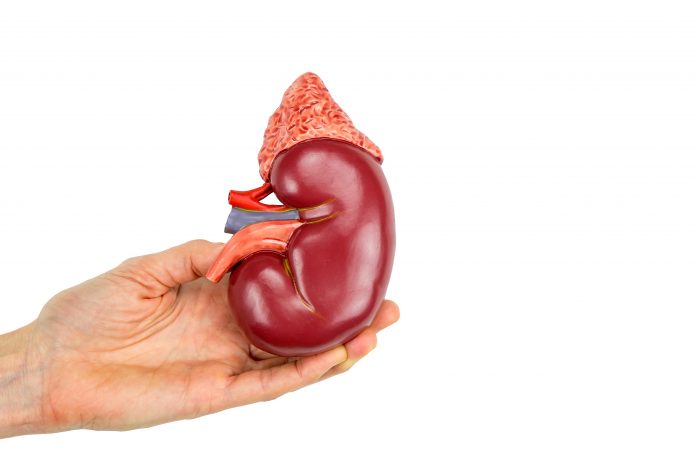More donated organs may become suitable for transplantation with a new perfusion method trialled by the EU-funded COPE project
New methods trialled by the EU-funded, COPE project, have generated compelling results, widening the scope to transplant kidneys and livers that might otherwise not have been considered.
The COPE project involved a large number of specialised European transplant centres as well as several industrial partners. The project also assembled a vast biobank of material that is facilitating further research.
“One of the key issues in transplantation is the shortage of donor organs,” says project coordinator, Rutger Ploeg, of the University of Oxford’s Nuffield Department of Surgical Sciences in the UK.
“We have to accept more organs to avoid waiting lists getting even longer. These new techniques allow us to assess donated livers and kidneys more effectively and to achieve better results when we transplant them,” Ploeg explains.
Many organs are typically transported in ice boxes, keeping them cool. However, for higher-risk kidneys, for example from older donors, machine perfusion offers better results. Machine perfusion, the use of devices that pump a liquid known as perfusate through donated organs before transplantation. This was approach already known to produce better results than the ice boxes.
The benefits of keeping livers warm
The COPE project explored a crucial difference, where machine perfusion of kidneys involves cold liquid, the device used in the project’s liver trial operates at body temperature.
This method greatly improved organ function immediately after the operation. It also widened the typical 10-hour window for a potentially successful liver transplant, giving surgeons more time to assess organs and select the most suitable recipients.
Many a liver that might otherwise have been discarded starts to function in the machine.
Keeping kidneys oxygenated
Using warm perfusate does add complexity, and it may not always be necessary, especially for kidneys. The COPE project also trialled an innovative approach using oxygenated cold machine perfusion for kidneys.
The results showed that enriching the perfusate with oxygen boosts kidney function, reduces the risk of graft failure and halves the risk of rejection.
Ploeg added: “In the European context, collaboration between transplant centres is crucial. For us in the medical community, the EU is the perfect mechanism to allow clinical research to happen across borders and benefit patients.”











